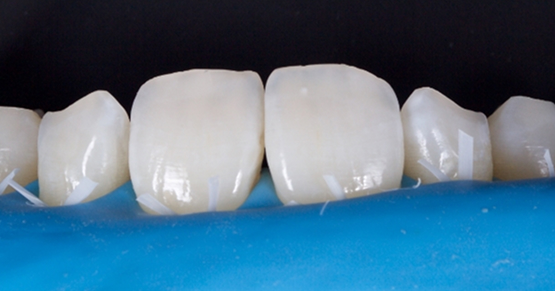How to Supercharge Your Office Manager
How did you select your office manager? What qualities were you looking for?
In many cases, an office manager is simply a senior team member who has taken on additional duties because she’s a proven competent administrator and can put out fires. The yardstick we use in measuring her effectiveness is how well she responds to issues that arise.
There is no denying this is an important function, but when we put so much emphasis on defense – on reacting to problems and trying to prevent disturbances – we forget that disturbances are a fact of life. We sometimes have to embrace disturbance and deliberately challenge the way we do things if we want to advance to the next level. And your office manager can be a tremendous ally in getting the practice to that next level – if you give her the power to use her unique skills and special qualities to the fullest.
It starts with freeing her up. Sit down with your office manager and talk to her about putting systems in place to deal with the routine disturbances (after all, most issues fall into the same patterns) so she can liberate more time to think and behave strategically.
Which would she rather be doing: explaining an insurance policy procedure for the one hundredth time, or uncovering a major case opportunity in a hygiene patient’s chart? If she establishes a protocol for the team to deal with recurrent disturbances, your office manager can leverage her value to the practice.
Explain to your office manager that you’re ready for her to take on a more strategic role in the practice. Let her know that from now on, it’s not just about getting through today, it’s about “gold mining” opportunities for a better tomorrow. It’s important that your office manager understands the need to keep a dynamic tension between protecting the practice’s foundation while looking for ways to move the practice forward.
SPEAR NAVIGATOR
Transform how your practice runs by engaging the team through
coaching and training
A guided path to excellence through structured coaching and self-guided resources that will align your team, streamline processes and drive growth. Transform your practice by implementing Spear’s proven playbooks for developing and retaining a high-performing dental team.

By: Imtiaz Manji
Date: August 1, 2012
Featured Digest articles
Insights and advice from Spear Faculty and industry experts


